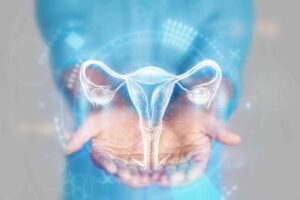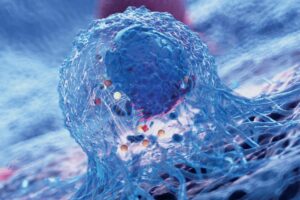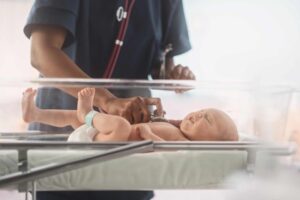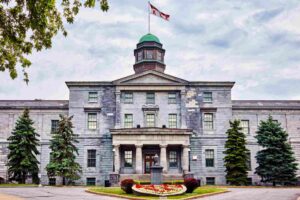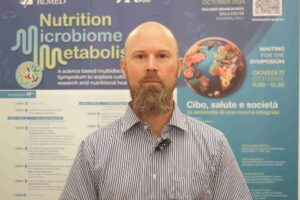What is already known
Hepatocellular carcinoma is the most common type of primary liver cancer and is the third major cause of cancer death. One common therapeutic approach for people with early-stage liver cancer is surgery to remove the tumor and some of the healthy tissue that surrounds it. However, the recovery of liver function after surgery remains challenging.
What this research adds
Researchers analyzed the recovery of liver function after surgery in people with liver cancer as well as the patients’ gut microbiota. They found that Bifidobacterium longum, a key gut microbe, is depleted in those with delayed recovery. Transferring gut microbes from patients with delayed recovery to mice also slowed down recovery after liver surgery. However, treating mice with of B. longum improved liver function and repair. Patients who received a cocktail of probiotic bacteria, including B. longum, also had speedier liver recovery compared to controls.
Conclusions
The findings suggest that modulating the gut microbiota in people with liver cancer can improve their health outcomes after surgery.
Hepatocellular carcinoma is the most common type of primary liver cancer and is the third major cause of cancer death. New research in humans and mice shows that B. longum, a key gut microbe, can improve the recovery of liver function after surgery in cancer patients.
The findings, published in Cell Host & Microbe, suggest that modulating the gut microbiota in people with liver cancer can improve their health outcomes after surgery.
The work, the authors say, “identified a targeted intervention method to improve the postoperative [liver function recovery] in [hepatocellular carcinoma] patients and may benefit patients undergoing liver resection.”
Surgery to remove the tumor, as well as some of the healthy tissue that surrounds it, is one common therapeutic approach for people with early-stage liver cancer. However, the recovery of liver function after surgery remains challenging.
So, researchers led by Jingjing Yu at Huazhong University of Science and Technology in Wuhan, China, set out to analyze the recovery of liver function after surgery in more than 600 people with liver cancer.
Liver recovery
Of all the participants enrolled in the study, about half had normal recovery of liver function. The rest showed a delayed liver recovery and were less likely to survive two years after surgery relative to people with normal recovery.
By comparing the gut microbiota of people with normal recovery and those with delayed recovery, the researchers found that people with normal recovery had higher levels of Bifidobacterium, Erysipelotrichaceae, Holdemanella, Christensenellaceae, Coprococcus and Dorea bacteria.
Bifidobacterium was the most important contributor to recovery of liver function, and B. longum was the most abundant species in the microbiota of people with normal recovery, the team found. “Our results indicated that the enrichment of Bifidobacterium species, especially [B. longum], is associated with [normal recovery] of liver function in postoperative [hepatocellular carcinoma] patients.”
Probiotic cocktail
Transferring gut microbes from patients with delayed recovery to mice also slowed down recovery after liver surgery. However, treating mice with of B. longum improved liver function and repair.
To validate these findings, the researchers conducted a small clinical trial with 186 people with liver cancer. Half of the patients received a cocktail of probiotic bacteria, including B. longum, after liver surgery.
People who received the probiotic cocktail had speedier liver recovery compared to those who didn’t receive it. These individuals were also more likely to survive one year after surgery compared to controls.
“These benefits, attributed to diminished liver inflammation, reduced liver fibrosis, and hepatocyte proliferation, were associated with changes in key metabolic pathways,” the researchers say. However, they add, the molecular mechanisms by which B. longum improves liver recovery remain to be further studied.




